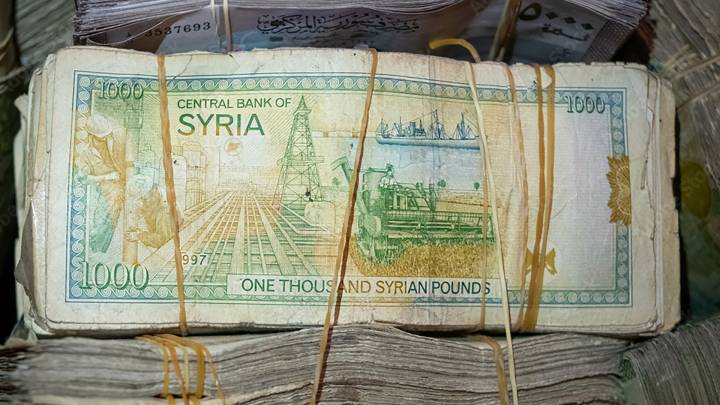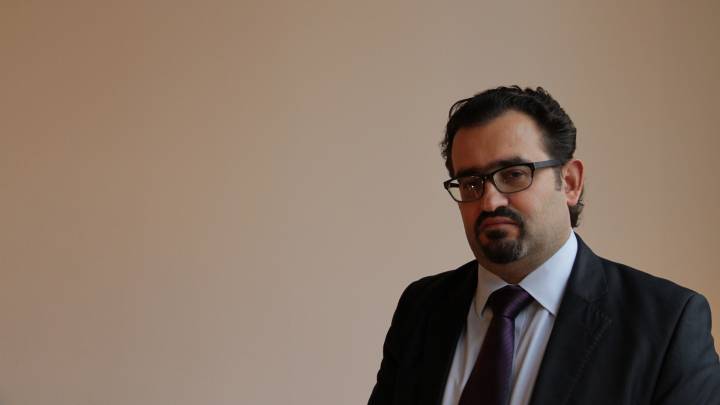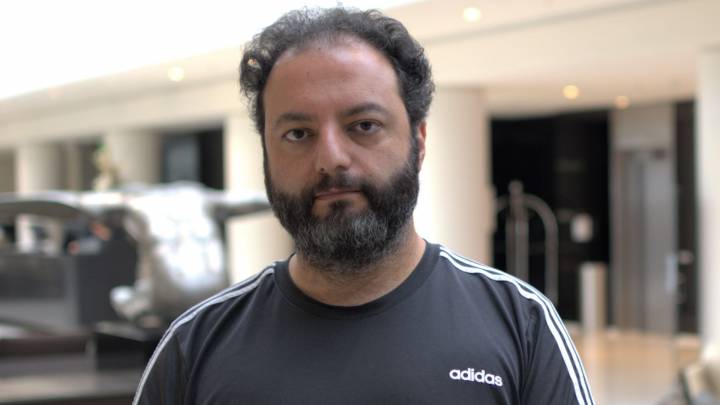At the ripe old age of 81, Michel Aoun has finally achieved his dream of leading Lebanon as president. But he’s had to abandon his values to get there.
Michel Aoun was elected Lebanese president on October 31, thanks to the support of former warlords, offshoots of neo-feudal political dynasties and parliamentarians devoted to Syrian dictator Bashar al-Assad. But once upon a time it was Aoun’s image as a counter-model to these kind of political villains which made him popular in the first place.
His political rise is closely linked to the Lebanese civil war and the dissolution of state structures. As army commander he fought the tyranny of the militias in the 1980s. A member of the Maronite Christian group, his toughness against Christian warlords helped his reputation enormously in the religiously fragmented country. Back then, hundreds of thousand of mostly young Lebanese citizens took to the streets in support of ‘the General’.
He advocated a strong central state that would serve all citizens regardless of religious or social background. Appointed prime minister amid a government crisis in 1988, Aoun criticised the corrupt elites and played the nationalism card with polemics against Syria’s influence in Lebanon. He went on to advocate for a strong central state that would serve all citizens regardless of religious or social background.
But then Aoun showed his other side: He was the only important politician to reject the Taif Agreement to end Lebanon’s civil war. The official reason was because it would cement Syria’s presence in the country. But it must also have been because the treaty significantly reduced the status of the country’s leader, making his long-cherished dream of becoming president less attractive. Meanwhile the war-weary population paid a high price for the battle of attrition between Aoun loyalists and the Syrian army, which the General was having bombed while living in exile in France.
But even after 15 years away, he managed to maintain his reputation as a patriot free of religious loyalties who worked tirelessly to undermine state power. When he returned from exile in 2005, tens of thousands of his supporters celebrated.
The General would sacrifice his own family for his dream of the presidency.During the parliamentary elections that year, his Free Patriotic Movement (FPM) was by far the strongest Christian party, much to the discomfort of the political elites who left him out of the coalition negotiations. In the run-up to this year’s presidential election, his supporters frequently said, “The General would sacrifice his own family for his dream of the presidency.” Instead, Aoun has entered into alliances with representatives of political feudalism whom he has always demonised. Moreover, with the enthronement of his son-in-law Gebran Bassil as party chairman, Aoun is now hardly superior to political dynasties like the Jumblats or Gemayels.
Since allying with the Shiite party and militia Hezbollah in 2006, Aoun has demanded a state monopoly on violence to the point of absurdity. And because of this alliance with Hezbollah and other Assad vassals, his rejection of Syrian influence in the country is hardly believable any longer. The first foreign dignitaries to receive Aoun as president were also Syrian and Iranian ministers. And in a political system in which Christian politicians largely depend on Christian votes, he has adapted his entire Lebanese agenda in favour of Christian interest politics.
Cunning strategies
This year has offered favourable conditions for cattle trading, resulting in Aoun’s election in parliament. Hezbollah, after all, needs FPM support for its foreign mission in Syria. In exchange for his approval, Sunni former prime minister Saad Al-Hariri got his post back, after having to clear out in 2011 in response to pressure from the very same Aoun-Hezbollah alliance.
Aoun’s rival Samir Geagea also supported the candidacy, because time is on his side. In six years Aoun will have to abandon his post because he will be too old according to the constitution, opening a path for Geagea, the 64-year-old leader of Christian nationalist party the Lebanese Forces. This has sparked rumours that the real reason for the compromise is the question as to whether the General is no longer physically and mentally capable of doing the job, and therefore harmless. To fight the rumours and boost his standing, Aoun has promptly turned to populism, saying that the one million Syrian refugees who live in Lebanon must return home because they pose a security risk.
Aoun may have made his presidential dreams come true, but he has had to throw out his image as a saviour and become a pragmatic political villain to do so.





